Find Help
More Items From Ergsy search
-
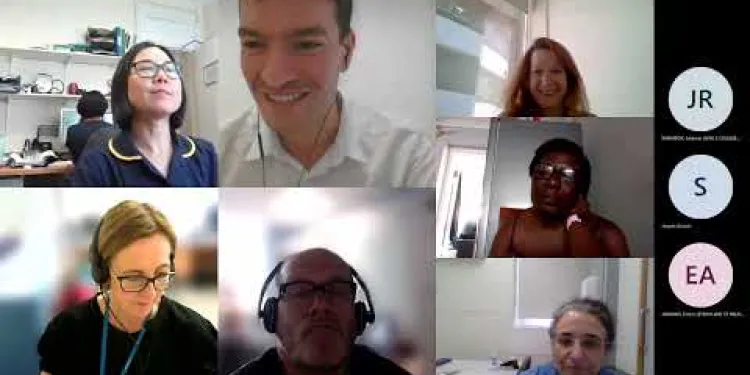
South London Arrhythmia Nurses Forum (16 June 2022)
Relevance: 100%
-
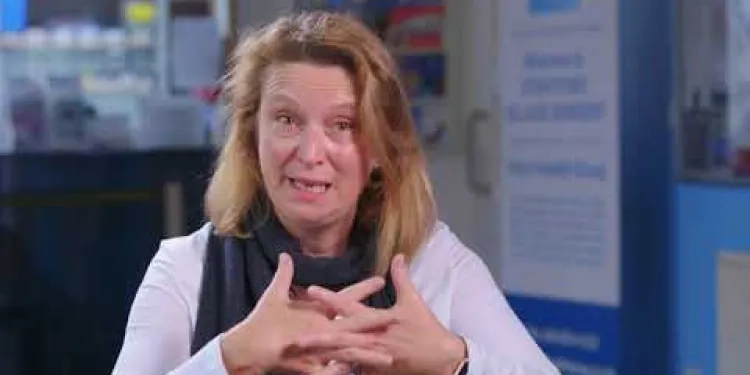
Social prescribing in south east London
Relevance: 48%
-
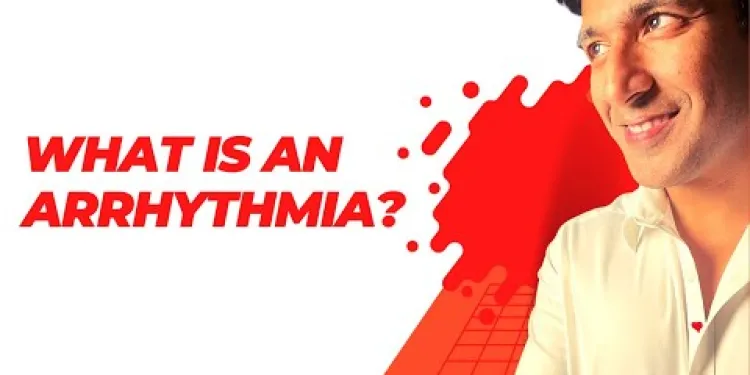
What exactly is an arrhythmia?
Relevance: 34%
-
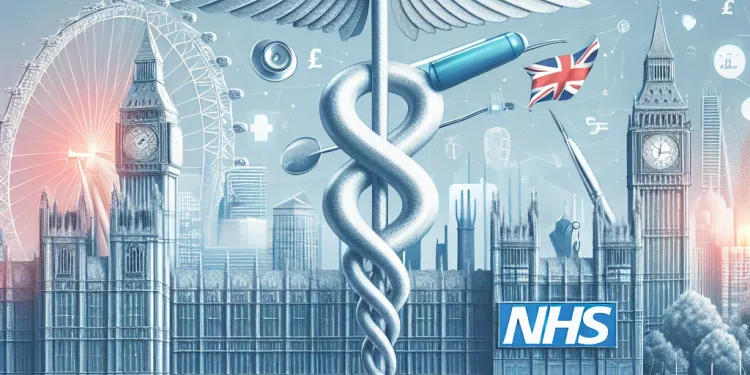
Can I become an NHS nurse if I have international nursing qualifications?
Relevance: 25%
-

Can I become a nurse in the NHS with a nursing diploma?
Relevance: 24%
-
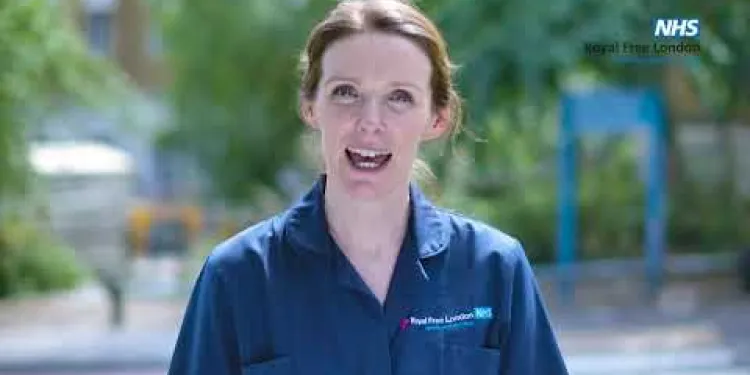
Having an operation or procedure at the Royal Free London
Relevance: 24%
-
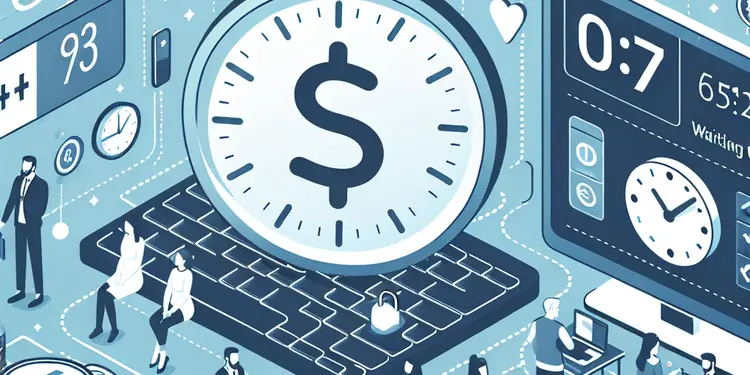
Can online patient forums provide reliable information on waiting times?
Relevance: 23%
-
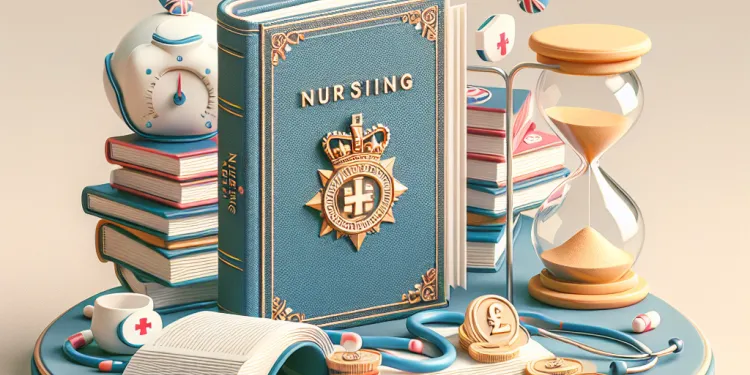
Is it possible to study nursing part-time?
Relevance: 23%
-

Do I need to be registered with the Nursing and Midwifery Council (NMC) to work as an NHS nurse?
Relevance: 22%
-
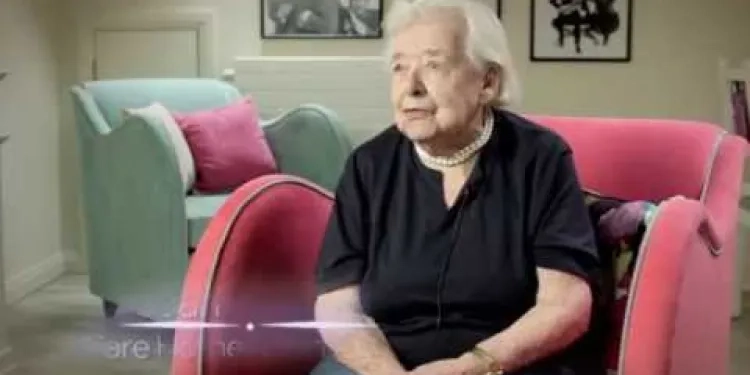
The role of residential and nursing homes
Relevance: 21%
-
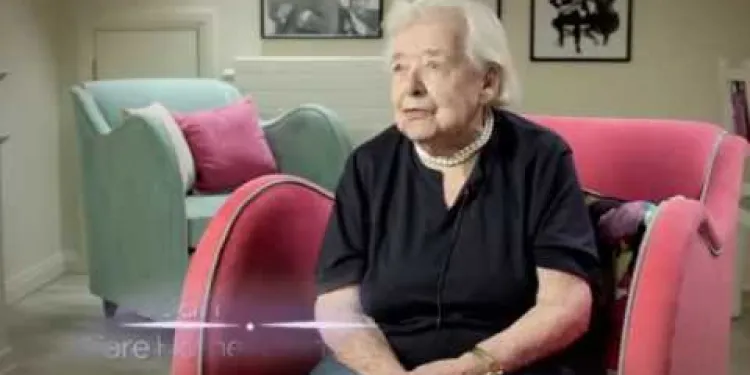
The role of residential & nursing homes
Relevance: 21%
-

How can I become an NHS Nurse in the UK?
Relevance: 21%
-

What skills are important for a career in nursing?
Relevance: 21%
-

What types of nursing degrees can I pursue?
Relevance: 21%
-

What are the career progression opportunities for NHS nurses?
Relevance: 20%
-
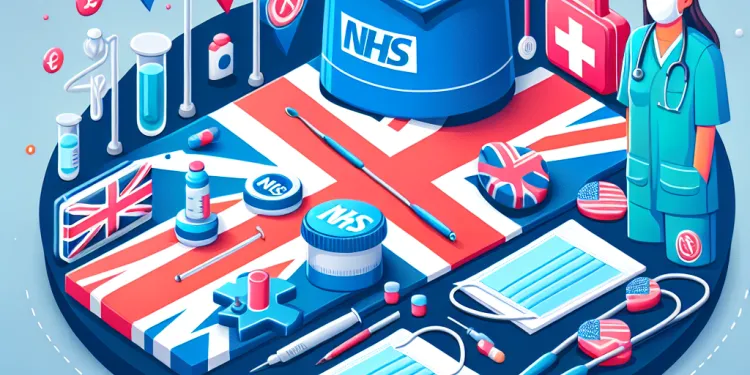
Are there any apprenticeship routes to becoming an NHS nurse?
Relevance: 20%
-

What GCSEs or A-Levels do I need to become a nurse?
Relevance: 20%
-

Is there a minimum age requirement to start nurse training?
Relevance: 20%
-
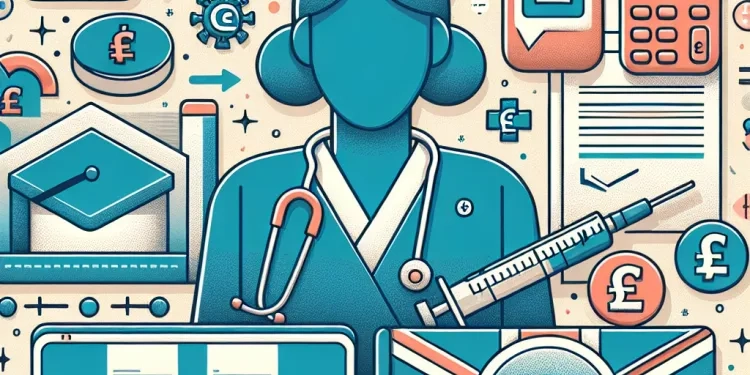
What is the process for applying to a nursing degree course?
Relevance: 20%
-

What funding options are available for nursing students in the UK?
Relevance: 20%
-
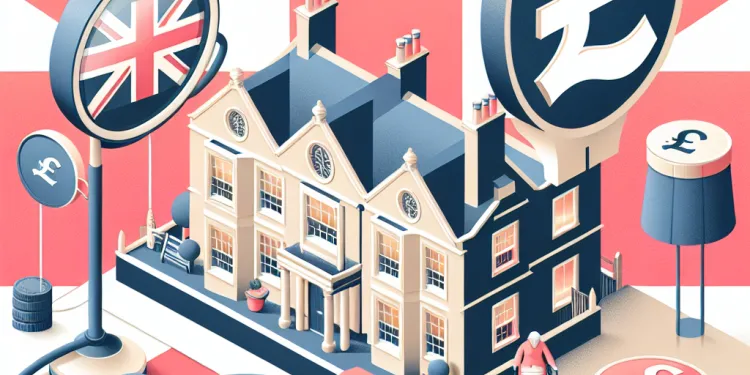
How do I choose a good nursing home?
Relevance: 20%
-

What are the basic educational requirements to become an NHS nurse?
Relevance: 20%
-

How long does it take to become an NHS nurse?
Relevance: 20%
-
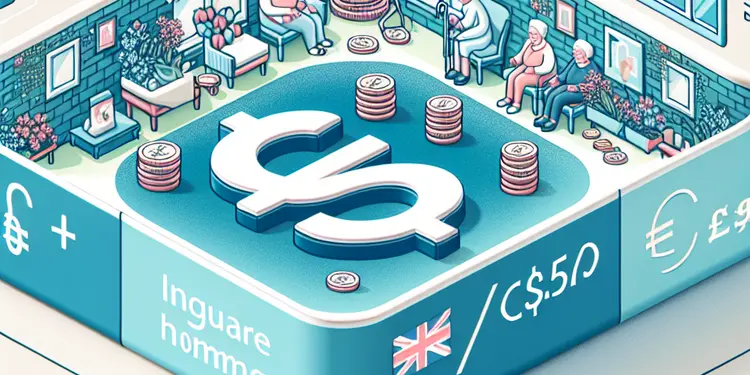
How are care homes different from nursing homes?
Relevance: 20%
-
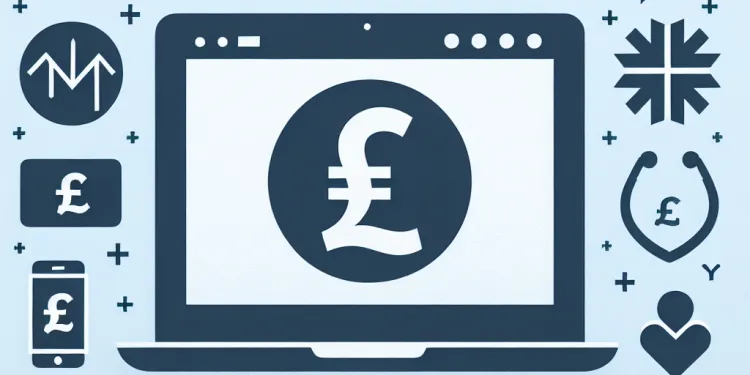
How important is work experience for entering a nursing program?
Relevance: 19%
-
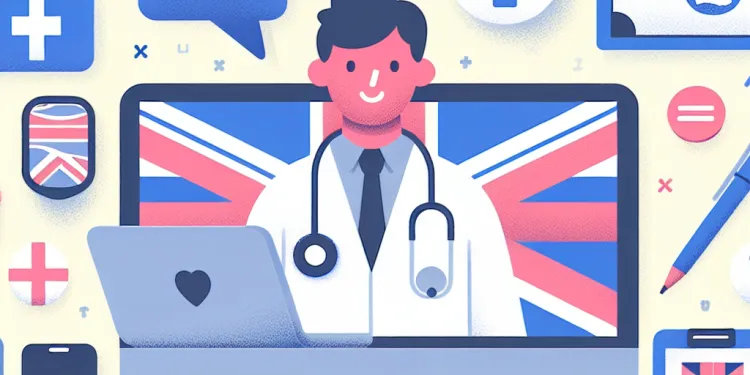
What support systems are available to NHS nurses for continuing professional development?
Relevance: 19%
-
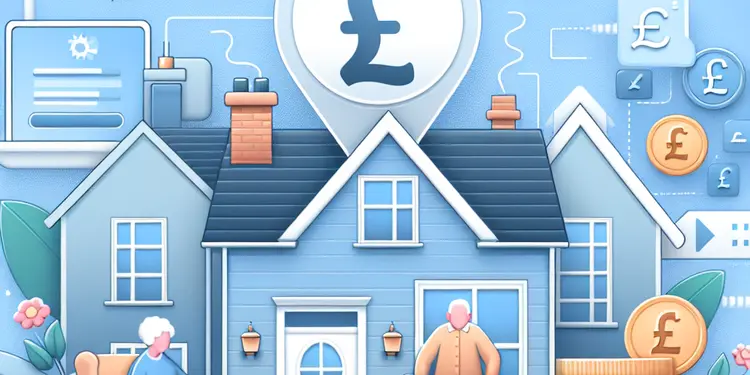
Is live-in care an alternative to nursing homes?
Relevance: 18%
-
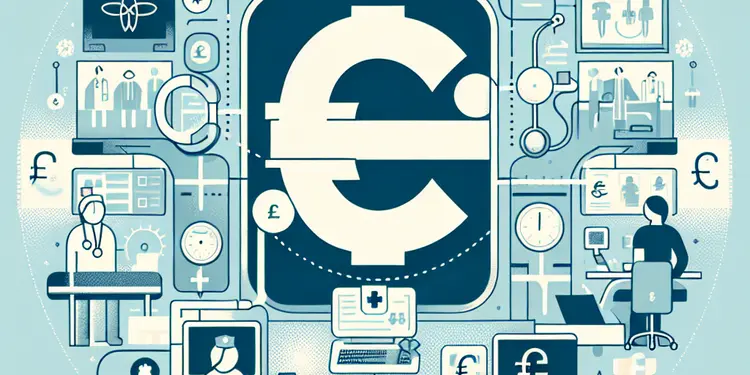
Will I still have access to doctors and nurses on a virtual ward?
Relevance: 17%
-
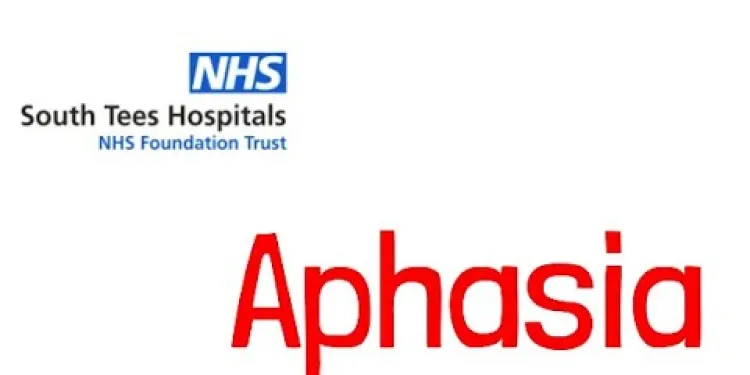
South Tees NHS - What is aphasia and how can you help?
Relevance: 17%
-
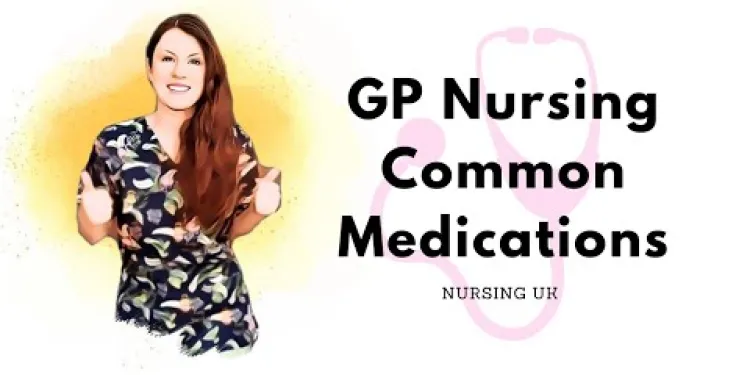
GP Nursing Most Common Medications UK.
Relevance: 16%
-
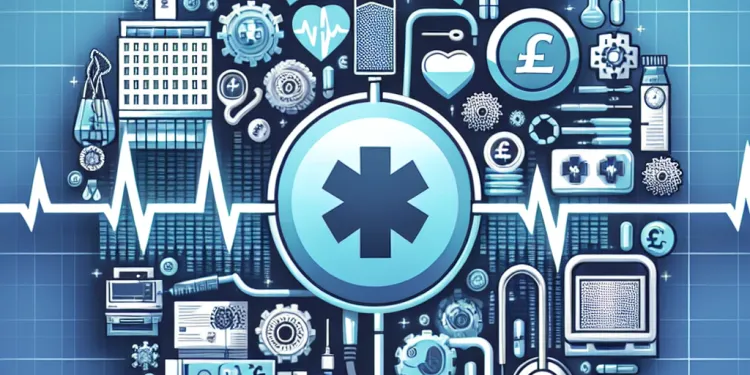
Can I specialize in a certain area of nursing with the NHS?
Relevance: 15%
-

How physically demanding is a career in NHS nursing?
Relevance: 14%
-
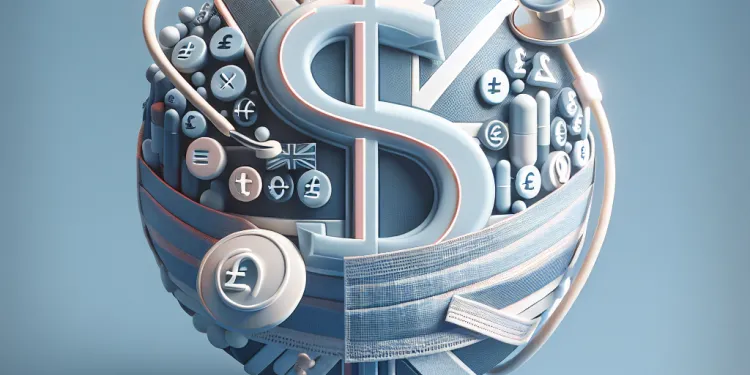
Can I attend open days to learn more about nursing programs in the UK?
Relevance: 12%
-
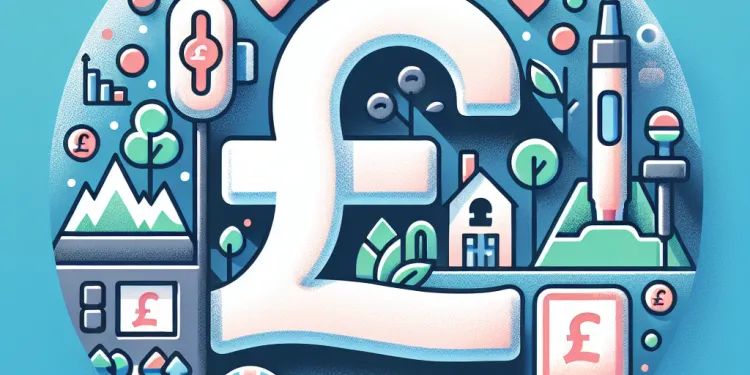
Where can I find support for managing Type 2 Diabetes in the UK?
Relevance: 12%
-

Can a defibrillator restart a stopped heart?
Relevance: 11%
-

Is my abnormal heart rhythm dangerous?
Relevance: 11%
-
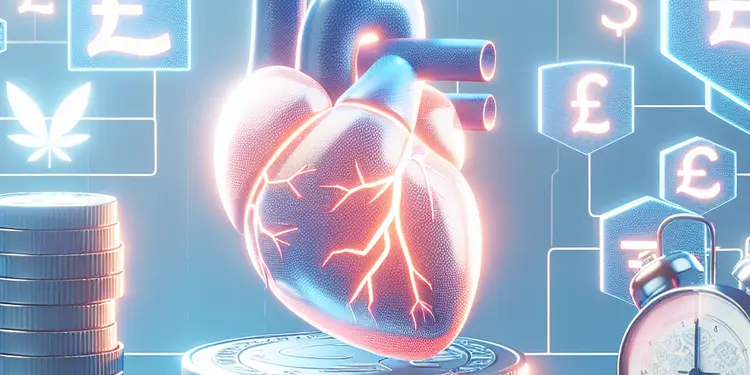
How do beta-blockers contribute to heart attack prevention?
Relevance: 10%
-
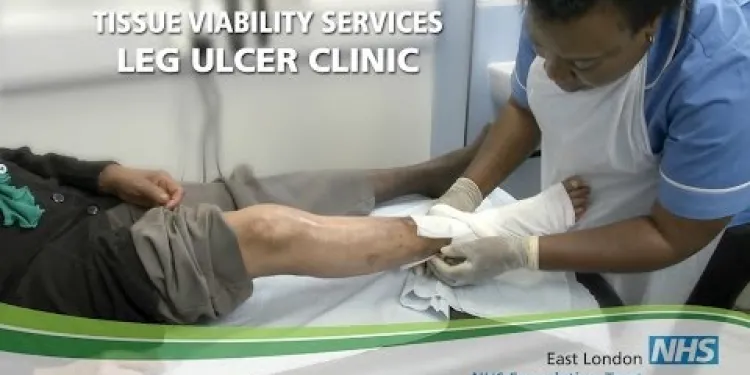
Leg Ulcers
Relevance: 10%
-

UK House Prices Fall for Third Consecutive Month
Relevance: 10%
-

What is the cost of living in a care home?
Relevance: 10%
South London Arrhythmia Nurses Forum (16 June 2022)
Overview of the Event
The South London Arrhythmia Nurses Forum, held on 16 June 2022, was an essential gathering for healthcare professionals specializing in the management of arrhythmias. This forum served as a platform for nurses to share expertise, advancements, and best practices aimed at improving patient care and outcomes in the United Kingdom.
Key Topics Discussed
Several key topics were discussed during the forum, including:
- Advancements in Arrhythmia Treatments: Exploring new medications, devices, and treatment methodologies.
- Patient Management: Best practices for managing patients with chronic arrhythmias, including lifestyle modifications and patient education.
- Technological Innovations: The role of emerging technologies in monitoring and treating arrhythmias.
Expert Speakers and Panels
The forum featured expert speakers from leading hospitals and healthcare institutions across the UK. These professionals shared their insights on the latest research and developments in the field of arrhythmia management. Panel discussions provided a dynamic environment for the exchange of ideas and experiences.
Networking Opportunities
The event also offered numerous networking opportunities, allowing attendees to connect with peers, share experiences, and build professional relationships. This aspect of the forum was particularly valuable for nurses seeking to expand their professional network and gain new perspectives on arrhythmia care.
Continuing Professional Development
Participation in the South London Arrhythmia Nurses Forum contributed towards Continuing Professional Development (CPD) requirements for attending nurses. The forum provided a comprehensive package of lectures, workshops, and discussions that were integral to ongoing professional education and skills development.
Conclusion
The South London Arrhythmia Nurses Forum on 16 June 2022 was a pivotal event for nurses specializing in arrhythmia care. It facilitated the sharing of knowledge, fostered professional growth, and highlighted the importance of continuous learning and collaboration in the field of healthcare.
South London Arrhythmia Nurses Meeting (16 June 2022)
Event Overview
The South London Arrhythmia Nurses Meeting took place on 16 June 2022. It was a special meeting for nurses who help people with heart rhythm problems. Nurses talked about new ideas to make patient care better in the UK.
Main Topics
Here are the main things talked about at the meeting:
- New Heart Treatments: Talking about new medicines, devices, and ways to help people with heart rhythm problems.
- Looking After Patients: The best ways to help patients with long-term heart rhythm problems, like changes in lifestyle and teaching patients.
- New Technology: How new technology can help watch and treat heart rhythm problems.
Expert Speakers
The meeting had expert speakers from top hospitals and clinics in the UK. They talked about the newest research and ideas for heart rhythm care. There were also group talks to share ideas and learn from each other.
Networking
At the meeting, there were lots of chances to meet other nurses. Nurses could talk about their work, share stories, and make new friends in their field. This helped nurses learn new ways to think about heart care.
Learning and Development
Nurses who went to the meeting could count it as part of their learning and training. The meeting had talks, workshops, and discussions to help nurses keep learning and improving their skills.
Conclusion
The South London Arrhythmia Nurses Meeting on 16 June 2022 was an important event for nurses who care for heart rhythm patients. Nurses shared knowledge, grew in their jobs, and saw how important it is to keep learning and working together in healthcare.
Frequently Asked Questions
What is an arrhythmia?
An arrhythmia is a condition where the heart beats with an irregular or abnormal rhythm. This can include beats that are too fast, too slow, or erratic.
What are the common symptoms of an arrhythmia?
Common symptoms include palpitations, dizziness, shortness of breath, fatigue, and chest pain. Some people may not experience any symptoms at all.
How is an arrhythmia diagnosed?
Arrhythmias are usually diagnosed through an electrocardiogram (ECG), which records the electrical activity of the heart. Other tests may include a Holter monitor, event recorder, and echocardiogram.
What are the risk factors for developing an arrhythmia?
Risk factors include high blood pressure, heart disease, certain medications, excessive alcohol consumption, and a family history of arrhythmia.
Can lifestyle changes help manage arrhythmias?
Yes, lifestyle changes such as reducing alcohol and caffeine intake, quitting smoking, managing stress, and maintaining a healthy weight can help manage arrhythmias.
Are there medications available to treat arrhythmias?
Yes, there are various medications that can help regulate heart rhythm, including beta-blockers, calcium channel blockers, and antiarrhythmic drugs.
What is a pacemaker and how can it help?
A pacemaker is a small device implanted under the skin that helps regulate heartbeats. It sends electrical impulses to the heart to ensure it beats at a normal rate.
Is it safe to exercise if I have an arrhythmia?
Exercise can be safe for many individuals with arrhythmias, but it is important to consult with a healthcare provider to develop a tailored exercise plan.
Can arrhythmias be cured?
Some arrhythmias can be managed or even cured with treatment, including medications, lifestyle changes, and medical procedures such as catheter ablation or surgery.
What is catheter ablation?
Catheter ablation is a procedure in which a catheter is guided through blood vessels to the heart to destroy small areas of tissue that are causing the arrhythmia.
Should I avoid certain foods if I have an arrhythmia?
Some individuals may benefit from avoiding stimulants such as caffeine and alcohol. It's best to discuss dietary concerns with a healthcare provider.
How often should I see a healthcare provider if I have an arrhythmia?
The frequency of visits can vary based on the severity and type of arrhythmia. Regular follow-ups should be determined based on individual health needs.
What should I do if I experience symptoms of an arrhythmia?
If you experience symptoms such as severe chest pain, fainting, or breathlessness, seek immediate medical attention. For milder symptoms, contact your healthcare provider.
Are there support groups for people with arrhythmias in South London?
Yes, there are various support groups and forums available for people with arrhythmias where they can share experiences and receive support from others in similar situations.
Does stress affect arrhythmia?
Stress can trigger or worsen arrhythmias. Techniques such as meditation, mindfulness, and relaxation exercises may help in managing stress levels.
What is an arrhythmia?
An arrhythmia is when your heart does not beat in a normal way. It might go too fast, too slow, or just have an odd beat. If you think your heart is doing something funny, you should tell a grown-up or a doctor. They can help you feel better.
To help understand and feel better about your heart, you can:
- Talk to your doctor or nurse.
- Use a stethoscope to listen to your heart.
- Try breathing slowly to help calm yourself.
An arrhythmia is when the heart does not beat normally. The heart might beat too fast, too slow, or in a mixed-up way.
What are the common signs of an irregular heartbeat?
An irregular heartbeat means your heart is not beating normally.
Here are some common signs:
- Your heart might feel too fast or too slow.
- You might feel dizzy or lightheaded.
- You may have shortness of breath.
- You could feel very tired.
- Sometimes, you might have chest pain.
If you have any of these signs, tell an adult or a doctor.
To make it easier to understand, you can:
- Use pictures to help explain.
- Ask someone to read it with you.
- Break it down into smaller steps.
Sometimes people feel their heart beat fast, feel dizzy, have trouble breathing, get very tired, or their chest hurts. Some people do not feel any of these things.
How do doctors find out if your heart is beating differently?
Doctors check if your heart is beating too fast, too slow, or in a different way. They use special tests to know for sure. Some ways they do this are:
- Listening to your heart with a stethoscope.
- Doing a test called an EKG that looks at how your heart beats.
- Asking you to wear a heart monitor for a day or more.
If you find reading hard, try:
- Reading with a friend or helper.
- Using tools that read aloud to you.
Doctors find heart rhythm problems using a test called an electrocardiogram, or ECG. This test shows how your heart is working. Sometimes, doctors use other tests too, like a Holter monitor, event recorder, and echocardiogram.
If you need help understanding this, you might try asking someone to explain it to you in person. You can also use drawing or simple videos to see how the heart works.
What can make it more likely to have an arrhythmia?
An arrhythmia is when the heart does not beat normally. Here are some things that might make it more likely: - Being older. The heart might have more problems as we age. - Having heart disease. - Drinking alcohol or caffeine. - Smoking. - Stress or being upset a lot. - Some medicines. - Having other health problems like diabetes or thyroid issues. If you are worried, talk to a doctor. They can help you understand more. Using pictures, charts, or simple apps can help explain what an arrhythmia is.Things that can make you more likely to have this problem are:
- High blood pressure
- Heart disease
- Some types of medicine
- Drinking too much alcohol
- If your family has had heart rhythm problems
Using tools like picture cards or a glossary can help understand these terms better.
Can changing how you live help with heart problems?
Some changes in life might help with heart problems, like:
- Eating healthy food
- Exercising more
- Not being too stressed
- Getting good sleep
- Not smoking
Talking to a doctor can be helpful. They can give you advice. Also, family and friends can support you. There are tools like apps to remind you to do healthy things.
Yes, there are things you can do to help with heart problems:
- Drink less alcohol and caffeine (like coffee and tea).
- Stop smoking.
- Find ways to relax and stay calm.
- Keep a healthy weight.
These changes can help make your heart feel better.
Can medicine help fix heartbeats that are not normal?
Some people have heartbeats that are too fast, too slow, or not regular. There are medicines that can help make heartbeats normal.
If you think your heartbeat is not normal, you should talk to a doctor. They can help you.
Tools like a smartwatch or special phone apps can help you check your heartbeat.
Yes, there are medicines that can help keep the heart beating normally. These include beta-blockers, calcium channel blockers, and antiarrhythmic drugs.
What is a pacemaker and how can it help?
A pacemaker is a small device. It helps your heart beat. It helps you if your heart beats too slow or too fast.
How does it help? A pacemaker helps your heart keep a good beat. This makes you feel better and have more energy.
Tools that can help you understand more:
- Ask a doctor if you have questions. They can explain.
- Use pictures or videos to learn how pacemakers work.
- Talk with someone who has a pacemaker for their thoughts.
A pacemaker is a tiny machine put under your skin. It helps your heart beat normally. It sends tiny electric signals to your heart.
If you need help reading, you can try using audiobooks or apps that read out loud. Pictures and videos can also help explain things better.
Is it safe to exercise if my heartbeat is not regular?
If your heart beats in a way that is not regular, it is called an arrhythmia. You might wonder if it is okay to do exercises.
It is important to talk to a doctor before you start exercising. The doctor can tell you what is safe for you.
Here are some tips to help you:
- Ask your doctor what exercises are safe for you.
- Start with simple activities like walking.
- Stop if you feel dizzy or have trouble breathing.
- Use a watch or phone app to check your heartbeat.
Always listen to your body. If something feels wrong, stop and rest.
Exercise can be good for people with heart problems. But, you should talk to a doctor first. The doctor can help you make a safe exercise plan.
Can heartbeats be fixed?
Some heartbeats that are not normal can be helped or even fixed with treatment. This can include taking medicine, changing how you live, and having medical treatments like catheter ablation or surgery.
What is catheter ablation?
A catheter is a thin, soft tube. Doctors use it to help fix heart problems.
Ablation means using heat to stop parts of the heart that are not working well.
So, catheter ablation is when doctors use a tube and heat to help your heart beat right.
If you have trouble reading, ask someone to read it to you. You can also listen to an audio version or watch a video about it.
Catheter ablation is a medical treatment. Doctors use a thin, flexible tube called a catheter. They gently move the catheter through blood vessels in the body until it reaches the heart. The catheter helps to remove tiny pieces of heart tissue that are making the heart beat in a bad way, called arrhythmia.
What foods should I stay away from if my heartbeat is not regular?
If your heart does not beat regularly, some foods might not be good for you. Here is what you can do:
- Talk to your doctor about which foods to avoid.
- Eat healthy foods like fruits and vegetables.
- Drink plenty of water every day.
- Try to eat less salt. Too much salt is not good for your heart.
- Try to eat less sugar and fatty foods.
You can also use a food diary to track what you eat. This can help you see if any foods make you feel unwell. Talk with a nurse or dietary specialist if you need help with your food choices.
Some people might feel better if they stay away from drinks like coffee and alcohol. It's a good idea to talk to a doctor about what food and drinks are best for you.
How often should I visit a doctor if I have a heart problem?
If your heart sometimes skips a beat or beats too fast, this is called an arrhythmia. It's important to see a doctor regularly.
You might need to:
- Visit the doctor every few months.
- Talk to your doctor if you feel anything unusual with your heart.
Helpful tips:
- Write down how you feel each day.
- Ask a family member or friend to go with you to the doctor.
- Use a calendar to remember your doctor visits.
How often you visit the doctor can change. It depends on how serious your heart problem is. Your doctor will tell you how often you need to come in. This is to make sure you get the best care for your health.
What should I do if my heart feels strange?
If you feel very bad chest pain, faint, or can't breathe, go to the doctor or hospital right away. If you feel only a little bit unwell, call your doctor.
Can people with heart rhythm problems find help in South London?
People who have heart rhythm problems can find support groups. A support group is where people can talk and help each other. In South London, there might be groups that meet to talk. They can share how they feel and what helps them.
To find a support group, you can:
- Ask your doctor for ideas.
- Look online for support groups near you.
- Check local hospitals or community centers for information.
These groups can help you feel better and meet new friends.
Yes, there are different groups and forums that help people with arrhythmias. You can talk to others and get support from people who are going through the same thing.
Does stress affect heartbeat problems?
Feeling stressed can change how your heart beats. It's important to relax and stay calm to help your heart work well. You can try deep breathing or listening to music to feel better.
Stress can make heart problems worse. You can feel less stressed by doing things like meditating, being mindful, or doing relaxation exercises. These things can help you stay calm.
Useful Links
This website offers general information and is not a substitute for professional advice.
Always seek guidance from qualified professionals.
If you have any medical concerns or need urgent help, contact a healthcare professional or emergency services immediately.
- Ergsy carfully checks the information in the videos we provide here.
- Videos shown by Youtube after a video has completed, have NOT been reviewed by ERGSY.
- To view, click the arrow in centre of video.
- Most of the videos you find here will have subtitles and/or closed captions available.
- You may need to turn these on, and choose your preferred language.
- Go to the video you'd like to watch.
- If closed captions (CC) are available, settings will be visible on the bottom right of the video player.
- To turn on Captions, click settings .
- To turn off Captions, click settings again.
More Items From Ergsy search
-

South London Arrhythmia Nurses Forum (16 June 2022)
Relevance: 100%
-

Social prescribing in south east London
Relevance: 48%
-

What exactly is an arrhythmia?
Relevance: 34%
-

Can I become an NHS nurse if I have international nursing qualifications?
Relevance: 25%
-

Can I become a nurse in the NHS with a nursing diploma?
Relevance: 24%
-

Having an operation or procedure at the Royal Free London
Relevance: 24%
-

Can online patient forums provide reliable information on waiting times?
Relevance: 23%
-

Is it possible to study nursing part-time?
Relevance: 23%
-

Do I need to be registered with the Nursing and Midwifery Council (NMC) to work as an NHS nurse?
Relevance: 22%
-

The role of residential and nursing homes
Relevance: 21%
-

The role of residential & nursing homes
Relevance: 21%
-

How can I become an NHS Nurse in the UK?
Relevance: 21%
-

What skills are important for a career in nursing?
Relevance: 21%
-

What types of nursing degrees can I pursue?
Relevance: 21%
-

What are the career progression opportunities for NHS nurses?
Relevance: 20%
-

Are there any apprenticeship routes to becoming an NHS nurse?
Relevance: 20%
-

What GCSEs or A-Levels do I need to become a nurse?
Relevance: 20%
-

Is there a minimum age requirement to start nurse training?
Relevance: 20%
-

What is the process for applying to a nursing degree course?
Relevance: 20%
-

What funding options are available for nursing students in the UK?
Relevance: 20%
-

How do I choose a good nursing home?
Relevance: 20%
-

What are the basic educational requirements to become an NHS nurse?
Relevance: 20%
-

How long does it take to become an NHS nurse?
Relevance: 20%
-

How are care homes different from nursing homes?
Relevance: 20%
-

How important is work experience for entering a nursing program?
Relevance: 19%
-

What support systems are available to NHS nurses for continuing professional development?
Relevance: 19%
-

Is live-in care an alternative to nursing homes?
Relevance: 18%
-

Will I still have access to doctors and nurses on a virtual ward?
Relevance: 17%
-

South Tees NHS - What is aphasia and how can you help?
Relevance: 17%
-

GP Nursing Most Common Medications UK.
Relevance: 16%
-

Can I specialize in a certain area of nursing with the NHS?
Relevance: 15%
-

How physically demanding is a career in NHS nursing?
Relevance: 14%
-

Can I attend open days to learn more about nursing programs in the UK?
Relevance: 12%
-

Where can I find support for managing Type 2 Diabetes in the UK?
Relevance: 12%
-

Can a defibrillator restart a stopped heart?
Relevance: 11%
-

Is my abnormal heart rhythm dangerous?
Relevance: 11%
-

How do beta-blockers contribute to heart attack prevention?
Relevance: 10%
-

Leg Ulcers
Relevance: 10%
-

UK House Prices Fall for Third Consecutive Month
Relevance: 10%
-

What is the cost of living in a care home?
Relevance: 10%


